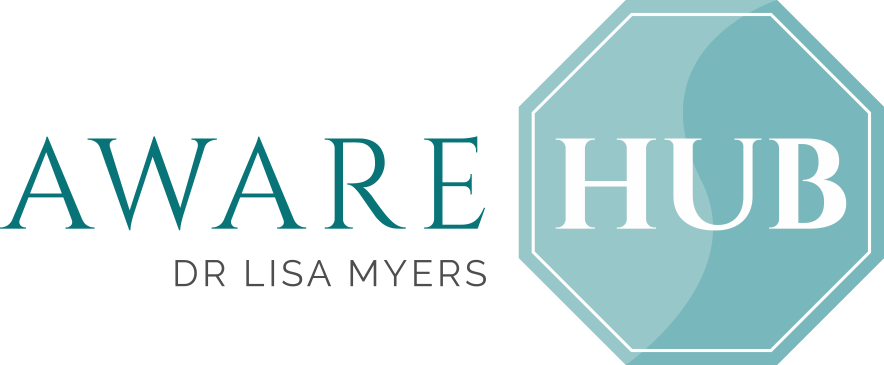In the realm of mental health, accurate diagnosis and effective treatment planning are paramount for ensuring positive patient outcomes. Traditional methods of diagnosing mental health conditions have relied heavily on subjective assessments, leaving room for misdiagnosis and ineffective treatment approaches. However, with the advent of Quantitative Electroencephalography (qEEG), a powerful tool has emerged that can assist in diagnosing mental health conditions, assessing treatment benefits, and guiding decisions regarding suitability for rTMS treatment.
Understanding qEEG:
Quantitative Electroencephalography, or qEEG, is a non-invasive technique that measures the electrical activity of the brain through electrodes placed on the scalp. By analyzing the brainwave patterns captured by qEEG, healthcare professionals gain valuable insights into the brain’s functioning, allowing for a more objective assessment of mental health conditions.
Diagnosing Mental Health Conditions:
One of the primary applications of qEEG lies in its ability to assist in diagnosing mental health conditions. Unlike traditional diagnostic methods that rely solely on subjective questionnaires and interviews, a qEEG provides an objective measure of brain function. By comparing an individual’s qEEG results to established databases or normative data, clinicians can identify deviations from the expected brainwave patterns associated with specific mental health conditions.
For example, qEEG has been found to be particularly useful in diagnosing attention-deficit/hyperactivity disorder (ADHD), depression, anxiety disorders, and even traumatic brain injuries. By identifying distinct patterns or abnormalities in brainwave activity, clinicians can make more accurate diagnoses, reducing the likelihood of misdiagnosis and improving treatment outcomes.
Assessing Treatment Benefits:
Another significant advantage of qEEG lies in its ability to assess the benefits of various treatment approaches. Since mental health conditions manifest differently in each individual, determining the most effective treatment can be challenging. Traditional trial-and-error methods often result in prolonged suffering and frustration for patients.
By conducting a qEEG before and after specific interventions, clinicians can objectively measure the impact of treatment on brainwave activity. This information provides valuable feedback on the effectiveness of a particular treatment approach, allowing for adjustments or alternative interventions when necessary. This guided approach minimizes the risk of ineffective treatments and ensures that patients receive the most appropriate care.
Guiding Decisions Regarding rTMS Treatment:
Repetitive Transcranial Magnetic Stimulation (rTMS) is a non-invasive therapy that uses magnetic pulses to stimulate specific areas of the brain associated with mental health conditions. Although rTMS has shown promising results in treating conditions such as depression, it may not be suitable for everyone. Determining the suitability of an individual for rTMS treatment is crucial to optimize treatment outcomes.
qEEG can play a pivotal role in guiding these decisions. By assessing the baseline brainwave patterns, qEEG can identify whether the targeted brain regions are functioning abnormally. This information helps clinicians determine whether rTMS treatment is likely to be beneficial or if alternative treatments should be explored. This approach ensures that rTMS is offered to those who are most likely to benefit, saving time and resources for both the patient and the healthcare system.
Conclusion:
The integration of qEEG into mental health assessment and treatment planning has revolutionized the field, offering immense benefits to patients and healthcare professionals alike. By providing an objective measure of brainwave activity, qEEG enables accurate diagnosis, assesses treatment benefits, and guides decisions regarding suitability for rTMS treatment. As technology continues to advance, qEEG holds the potential to further enhance our understanding of mental health conditions, leading to more personalized and effective treatment approaches.


